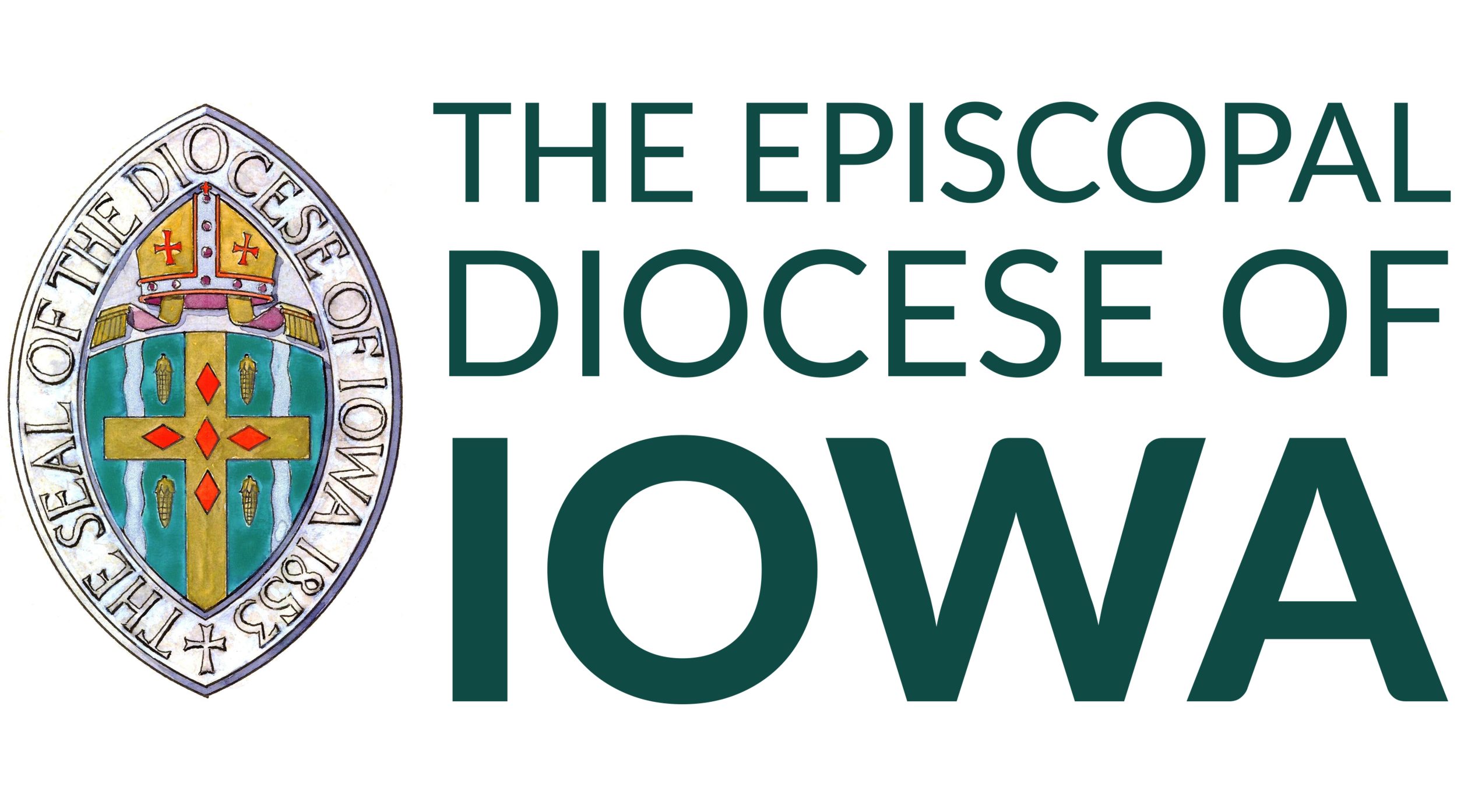Policy on
EMPLOYEE COMPENSATION & BENEFITS
Effective January 1, 2016
I. Clergy Employees
A. Definitions
Clergy compensation includes the following: cash stipend and housing allowance. Compensation may also include payment of, or an allowance for, utilities in addition to the housing allowance.
Benefits include payment of Church Pension Fund premiums, health and dental insurance, vacation and sick leave, continuing education leave, and professional development leave or sabbatical.
Associated parish expenses are those other costs essential to support the ministry of a priest but are not considered part of compensation or benefits. Such costs include travel allowance, continuing education allowance, discretionary fund, office staffing and supplies, professional books and journals, and vestments.
Assessable compensation for calculating Church Pension Fund (CPF) premium includes stipend, housing allowance (or 30% stipend for rectory), and utilities allowance. Of that amount 18% is payable quarterly to CPF.
Healthcare benefits shall be administered according to the Diocese of Iowa Policy on Healthcare Benefits, effective January 1, 2016.
Ministry review is a process in which parish clergy and vestries mutually assess their progress in accomplishing the stated mission and goals of the parish. Such mutual review of ministry is independent of an annual review of compensation. Diocesan consultants are available to facilitate a review of ministry, and can provide guidelines.
Letter of Agreement is a written document developed in the calling process. Although a proposed Letter is initiated by the vestry, both the candidate and vestry must approach its development with full understanding and mutual assumption of responsibility. It describes the major responsibilities of the two covenanting parties: Rector with the vestry, interim pastor with the vestry, assistant/associate rector with the rector, or diocesan staff clergy with the Bishop. A Letter of Agreement will include the specific terms of compensation, benefits and associated parish expenses. Those terms must be approved by the Bishop before a call may be extended.
B. Policy Guidelines
1. Minimum compensation. Minimum compensation is the amount of compensation offered to newly ordained presbyters with no experience as parish clergy. Not later than April 30 each year, a committee appointed by the Bishop shall review the minimum compensation for a full-time presbyter in this diocese, and they shall recommend any increases for the following year to the Board of Directors. The committee will consider both increases in the cost of living and comparative data from other dioceses in developing their recommendations.
2. A minimum compensation schedule is established each year by the Diocese.
3. Housing considerations. Where a rectory is provided, vestries need to consider the rector’s plans for retirement housing and the loss of equity. Establishing an Annual Trust Account in the parish in one way to offset the loss of equity.
4. Less than full-time compensation. Vestries presently compensating clergy at less than full-time amounts, or planning to extend a call at less than full-time compensation, shall provide to the Ecclesiastical Authority written documentation of the parish financial status, to include a plan outlining how and when they expect to meet the minimum amount and their justification for lower levels of compensation. In all cases, exceptions to the minimum compensation level require written approval of the Ecclesiastical Authority of the Diocese.
5. Notice of compensation. The annual compensation of all clergy in the Diocese of Iowa receiving a stipend from a parish, diocesan institution, or the diocese, shall be published in the Diocesan Journal.
6. Standards of compensation. Vestries bear the responsibility for establishing fair and equitable levels of compensation above the minimum for their parish clergy. Compensation reflects the value of ordained leadership not only in the immediate parish but in the larger community. Clergy receive compensation for service on behalf of the whole Church and represent the faith and values of the local congregation, the diocese, and the wider Episcopal Church. Adequate compensation considers education, experience, and scope of responsibility; and it also recognizes that a presbyter, while a servant of the local parish family, is an accepted and fully integrated member of the larger community.
II. Lay Employees
A. Pension Benefits
Benefits for Lay Employees who are scheduled to work a minimum of 1,000 hours annually in the Diocese of Iowa shall include Church Pension Fund payments for either the Defined Benefit plan or the Defined Contribution plan. This shall include lay employees that receive compensation for working for congregations, the diocese, or other ecclesiastical organizations or bodies subject to the authority of the Church.
Furthermore, in the case of Defined Contribution plans of domestic schools serving children of any age, the minimum contribution that such schools must make to a defined contribution pension plan for each qualified employee is identified by the following table:
If a school's contributions to employee pensions are already above the minimum required contribution or match percentage for any year, the school shall not lower the contribution or match in the defined contribution pension program.
B. Health Benefits
Healthcare benefits shall be administered according to the Diocese of Iowa Policy on Healthcare Benefits, effective January 1, 2016.

